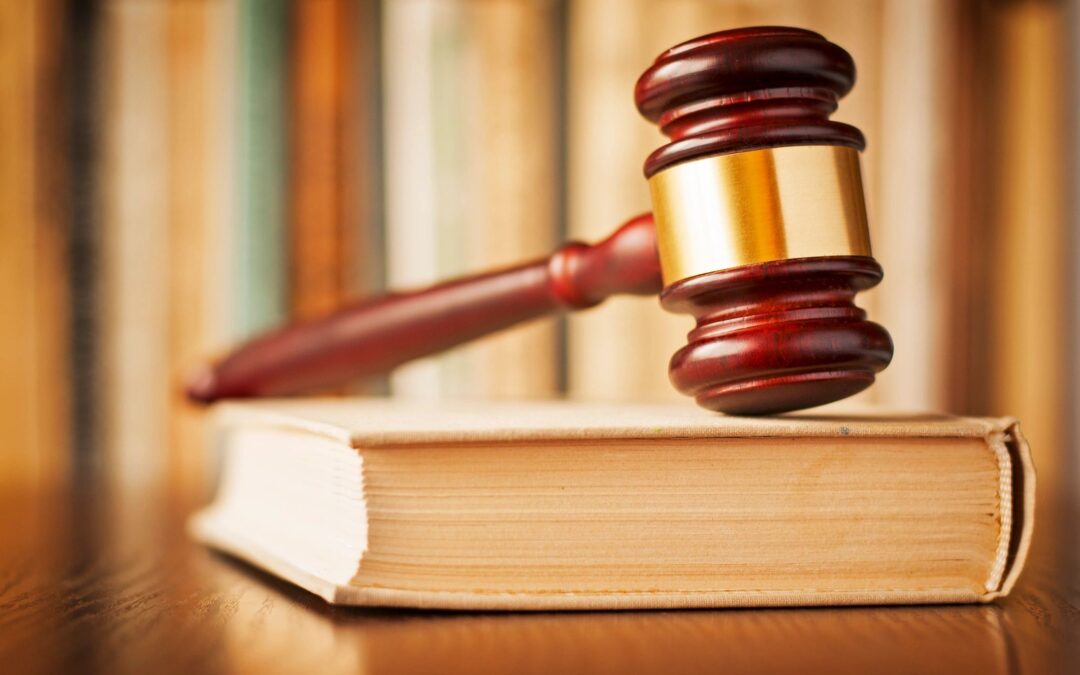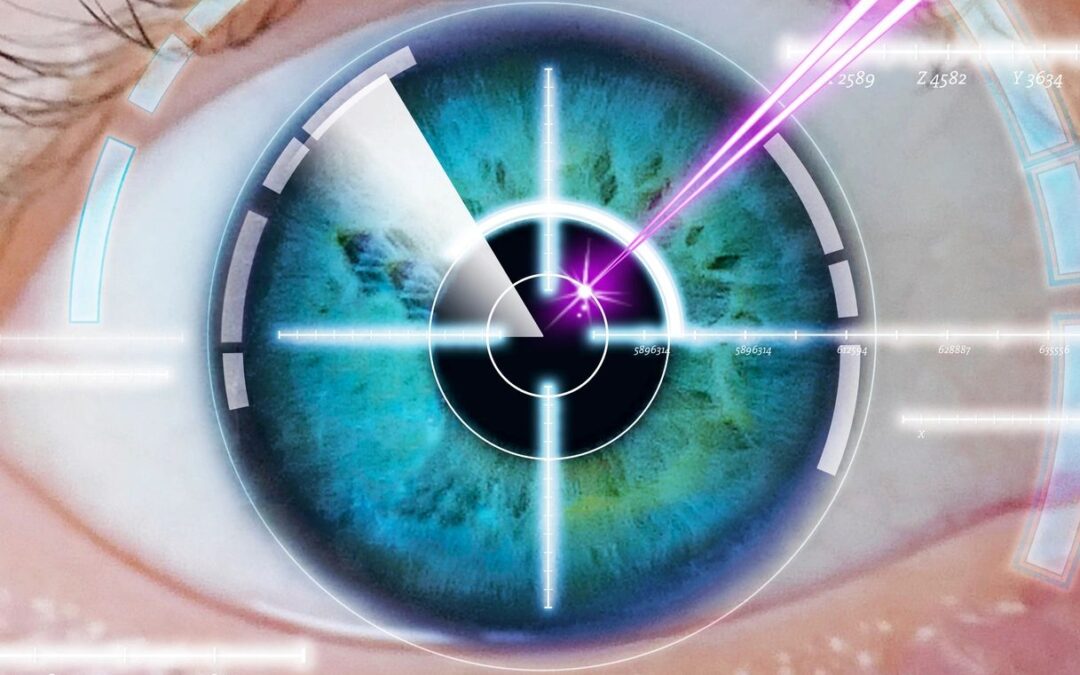
by David Maiorana | Nov 12, 2025 | Evidentiary Issues, Expert Witnesses, PTAB News, PTAB Trial Basics
By David Linden, Dave Maiorana, Thane Bonnett,* and Pranita Dhungana – On October 1, 2025, USPTO Director John Squires issued his first Director Review decision, terminating in whole IPR2024-00465 (“IPR465”) based on unreliable and inconsistent expert...

by Sue Gerber | Apr 18, 2025 | Expert Witnesses, Trial Institution
By Sue Gerber – It is relatively uncommon for parties to submit expert declarations in the preliminary-response phase of an IPR proceeding, but recently the Patent Owner in Imperative Care, Inc. v. Inari Medical, Inc. effectively used that strategy to defeat...

by Matthew Johnson | Dec 11, 2024 | Expert Witnesses, PTAB News, PTAB Trial Basics
By James Twieg and Matt Johnson – “Expert testimony that does not disclose the underlying facts or data on which the opinion is based is entitled to little or no weight.” 37 C.F.R. § 42.65(a). With that principle in mind, the PTAB recently denied institution of...

by Matthew Johnson | Nov 21, 2024 | Claim Construction, Evidentiary Issues, Expert Witnesses
By Jack Graves and Matt Johnson – The PTAB recently excluded a portion of Duration Media LLC’s (Petitioner) reply declaration for containing improper new evidence in an inter partes review petition filed against Rich Media Club LLC (Patent Owner) challenging all...

by Carl Kukkonen | Mar 7, 2023 | Evidentiary Issues, Expert Witnesses
By Carl Kukkonen – In Xerox Corp. v. Bytemark, Inc., IPR2022-00624, Paper 9 (Aug. 24, 2022) the PTAB denied institution of an Inter Partes Review under 35 USC § 314. This denial was based on several factors including the declaration of the petitioner’s expert...

by Josh Nightingale | Mar 3, 2023 | Expert Witnesses, Motions Practice
By Ryan Mueller, Sachin Patel, and Josh Nightingale – The PTAB recently granted a joint request to expunge an exhibit and contemporaneously denied the Patent Owner’s request for authorization to file a Motion for Leave to Submit the same exhibit in Bausch &...







